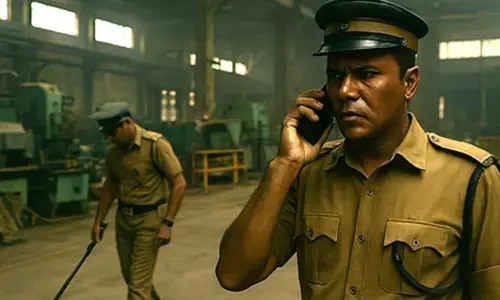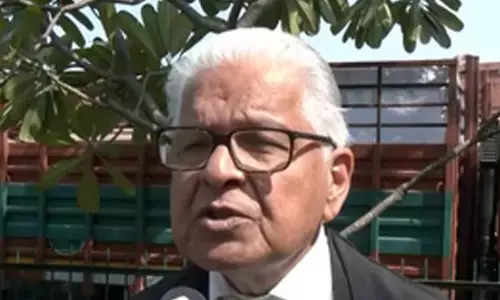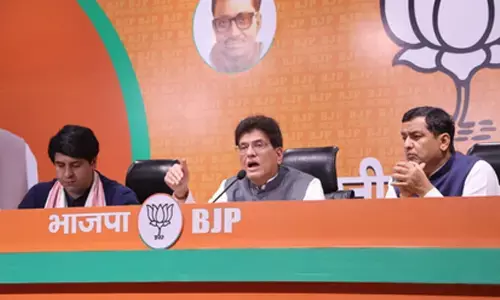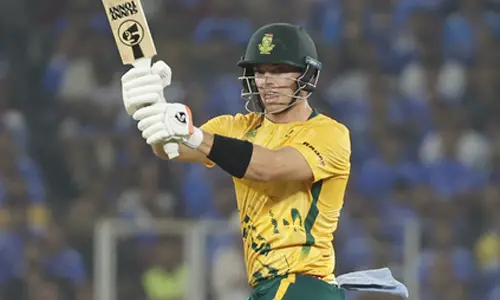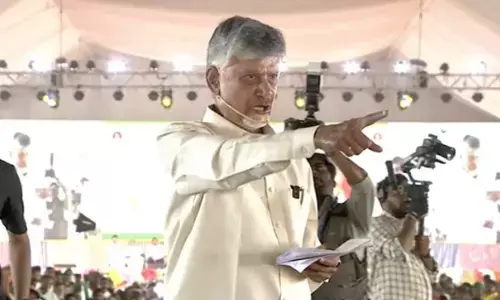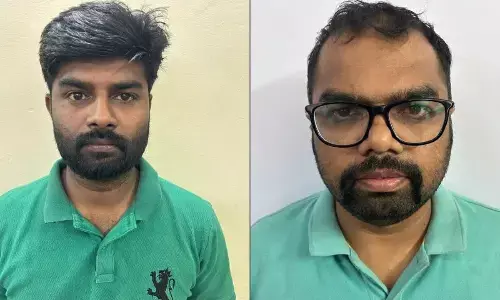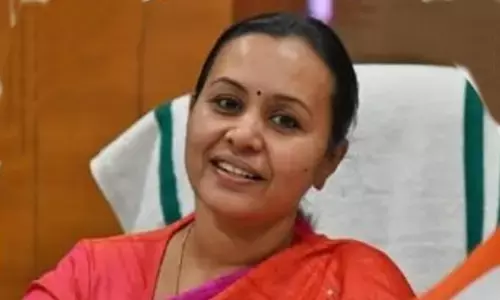Caught in the middle

Caught In The Middle. Nearly forty frontier villages located between international border with Pakistan and mighty Chenab river have been waiting for a bridge and some motor boats since 1947.
Nearly forty frontier villages located between international border with Pakistan and mighty Chenab river have been waiting for a bridge and some motor boats since 1947
Between the devil and the deep sea—the phrase aptly defines their situation in the wake of raging fire from across the international border with Pakistan. While the only road connecting them with outside world gets blocked, the mighty Chenab river on the other side leaves them trapped in a war zone.

About 15,000 residents of nearly 40 villages in Akhnoor sector of Jammu and Kashmir have been living in anticipation of a bridge for alternative connectivity and some motor boats to escape during war-exigencies. Absence of any safe-passage leads to an inordinate delay in the rescue of injured and ailing villagers.
This October was no less than a nightmare for the residents of these villages—which are spread across six Panchayats: Sajwal, Gurha Manasa, Rajpura Pindi, Pargwal, Upper Pargwal and Bhalwal Mulloo, as they came under repeated attacks from across the border. The shelling and firing of this kind took place after almost a decade since a ceasefire between India and Pakistan came into force in 2003.
 Nisha Devi of Bhalwal Mulloo has returned home from hospital where she was treated for a bullet injury which hit her while she was harvesting paddy in her farm in mid October. “I could not be rushed to hospital in time. A lot of blood was lost and it has caused physical weakness. The doctors say that the bullet shall be removed only after my health recovers,” she says.
Nisha Devi of Bhalwal Mulloo has returned home from hospital where she was treated for a bullet injury which hit her while she was harvesting paddy in her farm in mid October. “I could not be rushed to hospital in time. A lot of blood was lost and it has caused physical weakness. The doctors say that the bullet shall be removed only after my health recovers,” she says. Her husband, Sikandar Singh chips in, “There was no ambulance in the village and she was rushed to the local Primary Health Center and eventually to Government Medical College and Hospital, Jammu in a private car.”
On the same day, 65-year old, Meelo Devi and her three grandchildren also suffered injuries when a mortar shell fired from across the border landed in their dusty courtyard and ripped through the doors of their two rooms. According to villagers, the mortar shell came flying over the Government Primary School Najwal—located barely 150 meters from the zero line. The school has an enrollment of 23 students.
.jpg) “We had a narrow escape,” Meelo says, adding that she has been witness to such incidents several times in her life. A retired Subedaar and Sarpanch of Pargwaal, Joginder Paul says, “Pakistani posts are not even one Km away from our village. And therefore we fall in the range of even the small arms. Since the road gets closed, we have to wait for rescuing the injured. In many cases, the delay has cost us lives in the past.”
“We had a narrow escape,” Meelo says, adding that she has been witness to such incidents several times in her life. A retired Subedaar and Sarpanch of Pargwaal, Joginder Paul says, “Pakistani posts are not even one Km away from our village. And therefore we fall in the range of even the small arms. Since the road gets closed, we have to wait for rescuing the injured. In many cases, the delay has cost us lives in the past.”“Since 1947 we have been demanding for boats besides alternative road connectivity through another bridge. Two sites for proposed bridge were also identified between Hameerpur Kona-Khor and Pargwal-Indri but the construction work could never begin,” he says, adding, “When heavy shelling became a routine this time, the Army made a pontoon-bridge to meet an eventuality. But we need a permanent solution.”
“We had to migrate during the wars of 1947, 1965, 1971 and Kargil war and spend several months in cramped camps. But no one is bothered about us,” says Sarpanch of Bhalwal Mulloo, Naseeb Singh, demanding, “The government should permanently rehabilitate us in safer places as border skirmishes keep happening here.”
In aftermath of heavy shelling this time again several ministers, bureaucrats and political leaders visited these villagers and promised to fulfill their demands though only time will tell if these promises are fulfilled or forgotten as in past.
Next Story


